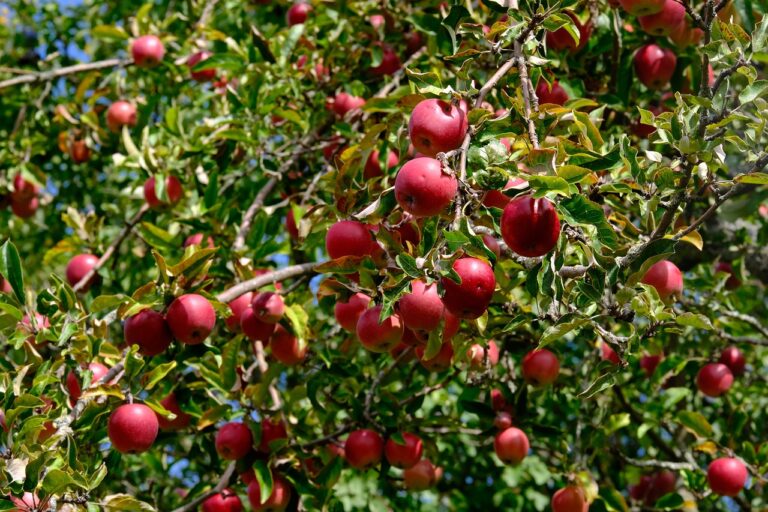The Role of Community Gardens in Promoting Healthy Eating Habits
Community gardens offer a myriad of health benefits to individuals who participate in their cultivation and maintenance. Working in a community garden provides an opportunity for physical activity, promoting exercise that contributes to overall wellness. Gardening activities such as planting, weeding, and harvesting require movement and can help participants stay active and engaged in a rewarding outdoor activity.
Moreover, the produce grown in community gardens is typically fresh and free from pesticides, offering a source of nutritious and wholesome food for participants. By cultivating and consuming their own fresh fruits and vegetables, individuals can enhance their dietary intake with nutrient-dense foods that support optimal health. This direct access to freshly harvested produce not only encourages healthier eating habits but also promotes a sustainable and environmentally-friendly approach to food consumption.
Community Gardens as a Source of Fresh Produce
Community gardens play a vital role in providing fresh and nutrient-rich produce to communities. These gardens are often planted with a variety of fruits, vegetables, and herbs that are harvested and shared among participants. By growing their own produce, individuals can have access to an abundance of fresh, organic food right in their neighborhoods. Additionally, community gardens help to increase food security by offering a sustainable source of fruits and vegetables to those who may not have easy access to grocery stores or markets.
The availability of fresh produce from community gardens can have a positive impact on the physical health of individuals within the community. Fresh fruits and vegetables are essential for a balanced diet and can help reduce the risk of chronic illnesses such as heart disease, diabetes, and obesity. By incorporating more fresh produce into their diets, community garden participants can improve their overall health and well-being. The act of gardening itself also provides physical exercise, contributing to a healthy lifestyle.
Promoting Social Interaction and Support through Community Gardens
Community gardens serve as a hub for fostering camaraderie among individuals with shared interests in gardening and sustainability. These spaces encourage the exchange of knowledge, tips, and advice among passionate gardeners, creating a sense of community and belonging. The act of working together in the garden also provides opportunities for people to bond over a shared goal, strengthening social connections and promoting a supportive environment.
Participating in a community garden can be a great way to meet new people and form lasting friendships. Whether it’s chatting about plant care techniques, swapping seeds, or simply enjoying the fresh air together, community gardens facilitate organic interactions that can lead to meaningful relationships. This sense of community support extends beyond the garden as members often come together to organize events, workshops, and gatherings, further enhancing the social aspect of these shared green spaces.







